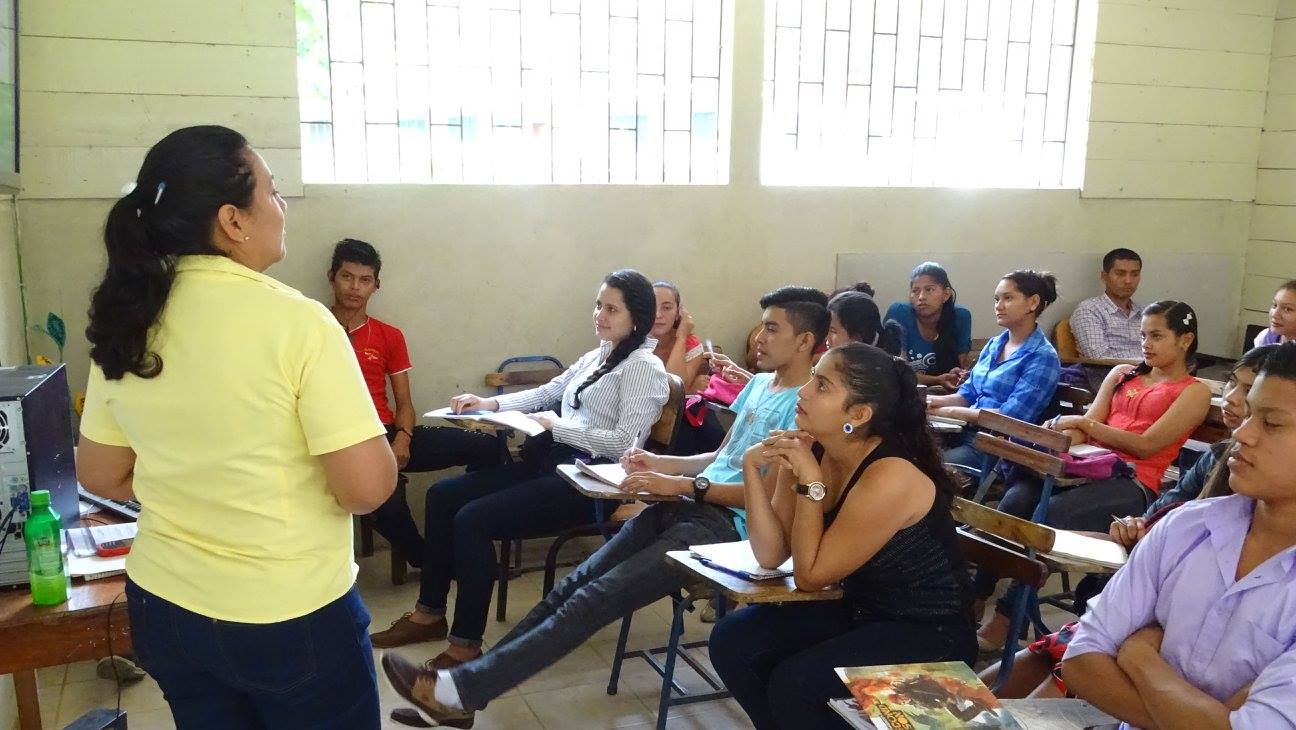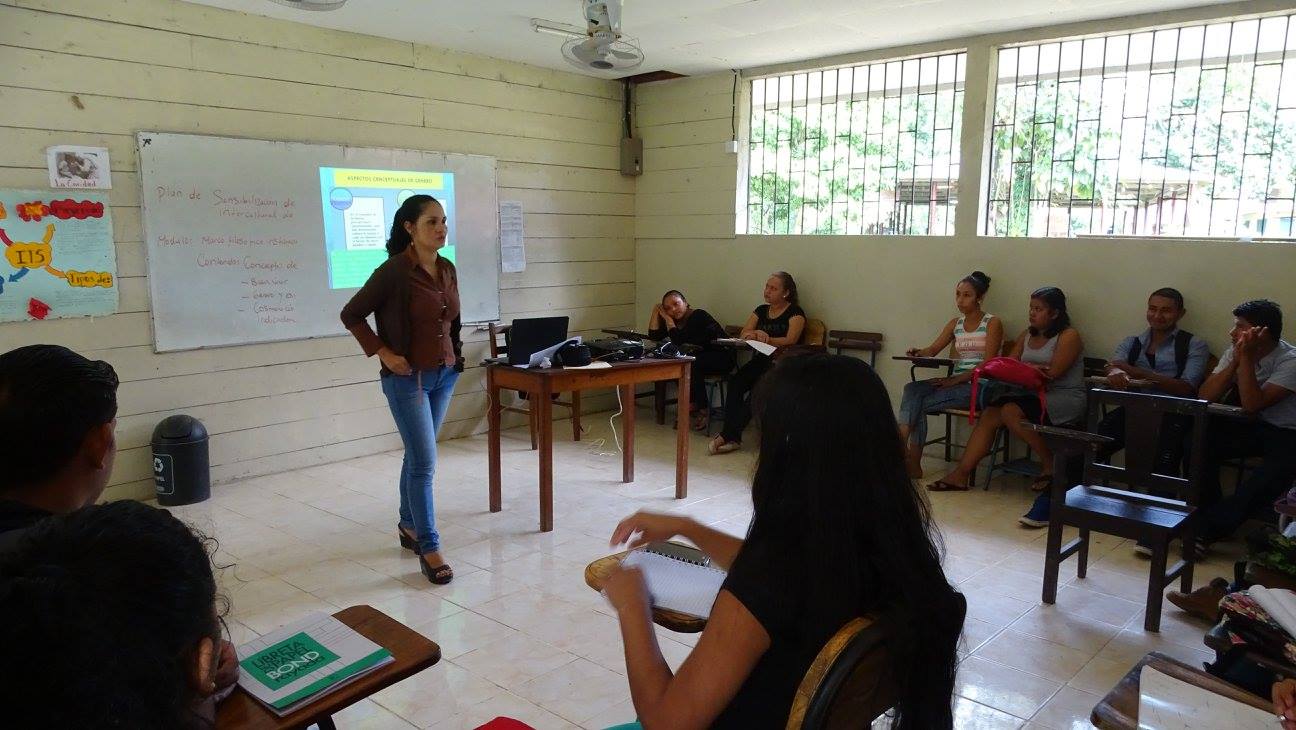External cooperation
National and International Cooperation, Solidarity and Complementarity
URACCAN's external cooperation model has several important milestones in its construction process.A first milestone was in May 1998 with the transfer to the URACCAN Liaison Office in the capital city, Managua, of an official with exclusive dedication to the formulation and monitoring of programs, projects and external cooperation relations, MSc. José Luis Saballos V, PhD. Prior to this, the effort to manage programmes and projects with international cooperation was carried out by the main authorities of the university (rectory, general secretariat, vice-chancellors and directors of institutes and centres).Given the responsibilities of the role and the growing projection of the University that demands an early capacity to respond to external financing opportunities, this is transferred to the Liaison Office.This human resource from the compound in Bluefields would be the starting point for the subsequent formation of a team, which would be the second milestone.
In October 2000, the Directorate of External Cooperation (DCE) established in URACCAN as the specialized agency for the management of different initiatives with development cooperation agencies.The conclusion of master's studies in project planning and management of what would be its founding director (José L. Saballos V.) - conducted at the Centre for Project Development and Planning (DPPC) of the University of Bradford, United Kingdom, during the period September 1999 to September 2000 - and the availability of 2 additional human resources in the Liaison Office in the capital city are the main conditions in the founding of that instance.Prior to October 2000, the ad hoc formation of an external cooperation management unit was mainly part of a process of learning and institutional recognition of the need for a specialized work team on the subject within the university.
After October 2000, there has been significant progress towards institutional strengthening of the Directorate for External Cooperation.In this sense, the staff has been increased to 8 professionals, 4 located in the Liaison Office and 4 in the different campuses of the University.This team, in addition to having minimally adequate office spaces and equipment, has been increasing its level of academic training and expanding its external cooperation management functions.The incorporation of routines and tools for planning, monitoring and internal evaluation of cooperation initiatives are part of this process of institutional strengthening.In URACCAN's Strategic Planning 2015-2019, external cooperation management is expressed as a function (5- cooperation, solidarity and national and international complementarity). Likewise, in recent years, the management of external cooperation in the University is guided by a particular regulatory body.
Cooperation Policy
External cooperation management is institutionalized within URACCAN's regulatory framework.In its institutional educational project, External Cooperation is proposed both as an accompaniment to the process of strengthening the university and to the empowerment of human resources with equal opportunities for men and women for the integral socio-economic development of Nicaragua's autonomous regions.URACAN's Research and Innovation Policy and Agenda and Social and Community Extension Policy raise external cooperation as a key area of action and financing.
Processes and Impacts
The process of building external cooperation management as a specific capacity of URACCAN has outstanding results associated with it, both in financial resources and in support of the substantive functions of the University.Cooperation programmes and projects are aimed at teaching, research, social and community extension and internationalization. Strategically, the University's external cooperation projects have an orientation to social linkage, promotion of interculturality and gender equity, institutional strengthening, academic excellence, research and innovation and institutional self-support.In all these functions and guidelines covered by external cooperation projects, accompaniment to community appropriation is an essential working dimension of the University.

In each of its substantive functions, the university undertakes a wide variety of actions at different levels, areas and orientations of development with identity in alliance or support of agents of international cooperation to development.In the teaching role, different training programmes are promoted at the postgraduate, undergraduate and undergraduate level; training in a framework of continuing education.In research, studies are developed with an intercultural orientation, based on participatory action.As part of social and community extension, endogenous capacity building programmes and projects are promoted on various issues of identity development, as well as participation in advocacy spaces at various levels.At an international level, the exchange of knowledge and experiences, transnational training, dialogue and concertation meetings, and network incidence are encouraged.




